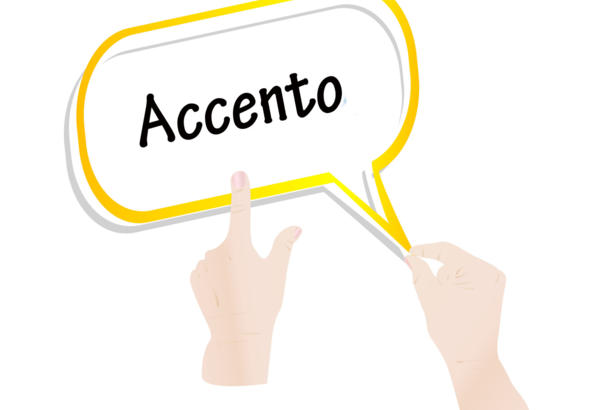What Is Accent this is very important question.It is associated with sound pronunciation, ‘song’, the pressure, tempo, etc.It reflects the sound characteristics of another language. So this is natural phenomena, if the Indonesian people speak the English sound would be difference. It is a matter of accent that is why Indonesian people speak different English.
ACCENT A particular way in which a group of people collectively pronounce a language. For any language with more than a handful of speakers, there are prominent regional, social and individual differences in the way the language is pronounced by different people, and the pronunciation of many words usually changes quite radically over time. Sometimes these differences are dramatic. Each distinguishable type of pronunciation is called an accent.
Depending on where we come from and what experience we have, we will be able to identify accents different from our own with more or less precision: in the case of English this may be an American accent, a Deep South accent, a Scottish accent, a working-class London accent, a French accent (from a non-native speaker) and so on. Speakers of all languages can do the same. It is important to realize that everybody has an accent: it is not possible to speak the sounds of a language without using some accent pattern.
Facts You Must Know About What Is Accent In Linguistics.
Of course, every one of us regards some accents as more familiar than others, or as more prestigious than others, but that is a different matter: we are merely more sensitive to accents which differ strongly from our own. In the early days of cinema, for example, British audiences were unable to understand the American voices in the ‘talkies’, simply because they had little experience of hearing Americans. In Britain, the single most prestigious accent is Received Pronunciation, or RP, an accent which seems to have arisen in the prestigious ‘public schools’ (private schools) in the nineteenth century, and was adopted as the ‘voice of the BBC’ in the 1920s.
This accent is not associated with any particular region, though it is structurally most similar to certain accents of the south-east of England. No more than 3 per cent of Britons speak with an RP accent, though many more have a near-RP accent which differs only in a few particulars. RP is the accent usually taught to foreign learners of English in Britain. Nevertheless, regional and social variation in accents within the small islands of Britain and Ireland is very great, probably greater than anywhere else in the English speaking world: this density is largely due to the fact that English-speaking has its oldest history there. In the USA, with its more recent English-speaking history, the most distinctive accents occur down the east coast and in the south, the areas which have been settled longest.
Regional accents of English are less prominent in the Caribbean, still less so in Canada, and least prominent of all in the southern-hemisphere countries such as South Africa, Australia and New Zealand, the most recent to be settled. The writing system of English was largely formulated in the late medieval period with the influence of printing; since then, pronunciations have changed a great deal (consider though, knight, came, for example).
Though this causes problems for foreign learners of English, the advantage is that English can be read in any accent. Writers and journalists often use nonce-forms of spelling to indicate specific accents of English (y’all know wadda mean?), but linguists can use the International Phonetic Alphabet to express differences in pronunciation very precisely. Observe that, in the USA, an accent is usually considered to be just one aspect of a dialect; in Britain, the two are regarded as largely independent, at least in principle.
